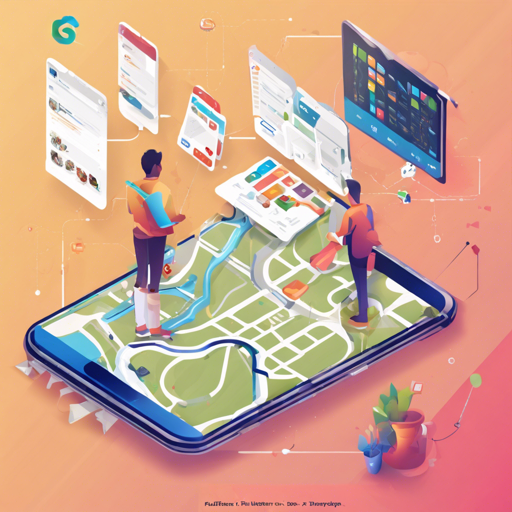A practical roadmap for Flutter app development can serve as a guiding star in the vast universe of mobile app development. Whether you are an aspiring developer or someone looking to enhance your skills, this roadmap helps carve out a clear path toward mastering Flutter. In this article, we will walk through essential components of Flutter development while also providing insights and troubleshooting tips.
Understanding Flutter and Dart
- Programming Language: Dart
- IDEs for Development:
- VSCode
- Android Studio
- IntelliJ
User Interface Design
Flutter allows developers to design UIs with widgets. Think of widgets like building blocks for your apps:
- Types of Widgets:
- Stateful Widget
- Stateless Widget
- Inherited Widget
- Styling:
- Material Design
- Cupertion
- Theming and Localization
Static vs. Dynamic User Interfaces
When constructing user interfaces, consider the difference between static and dynamic elements:
- Static UI Elements:
- Text
- Image
- Buttons (Raised Button, etc.)
- Dynamic UI Elements:
- ListView
- GridView
- ExpansionTile
Animation in Flutter
Animations breathe life into your apps, enhancing user experience. They can be seen as magic spells that captivate users:
- Animation Tools:
- AnimatedWidget
- AnimationController
- Hero Animations
Storage Solutions
Flutter supports various storage technologies, allowing you to manage data efficiently:
- Options include:
- Shared Preference
- File Storage
- SQLite
Third-Party Libraries
Integrating third-party libraries can boost your app’s capabilities. Picture them as expert consultants for specific tasks:
- Useful Libraries:
- http
- dio
- cached_network_image
- firebase
Quality Assurance & Pain Points
Ensuring your application is reliable is key to user satisfaction. This phase involves testing and analytics:
- Tools:
- Firebase
- Crashlytics
- Google Play Beta Tests
Version Control
Managing your code effectively is fundamental in collaborative environments:
- Popular Platforms:
- Git
- Github
- Bitbucket
- Gitlab
Native Integration
Understanding how to integrate with native platforms is crucial for enhanced functionality:
- Android Tools: Android Studio, Java, Kotlin
- iOS Tools: Xcode, Swift, Objective-C
Keep Learning
Always strive to improve your skillset and keep up with changes in Flutter and Dart.
Troubleshooting Common Issues
If you encounter hurdles along the way, don’t get disheartened. Here are some troubleshooting tips:
- Check for updated documentation on the official Flutter website.
- Ensure your development environment is correctly set up by double-checking IDE configurations.
- Reach out to the community for help or discussion; collaboration often yields solutions.
- For more insights, updates, or to collaborate on AI development projects, stay connected with fxis.ai.
At fxis.ai, we believe that such advancements are crucial for the future of AI, as they enable more comprehensive and effective solutions. Our team is continually exploring new methodologies to push the envelope in artificial intelligence, ensuring that our clients benefit from the latest technological innovations.
Final Thoughts
This roadmap serves as your compass in navigating the rich landscape of Flutter development. Follow this guide, engage with the community, and most importantly, keep coding! Happy Learning!

